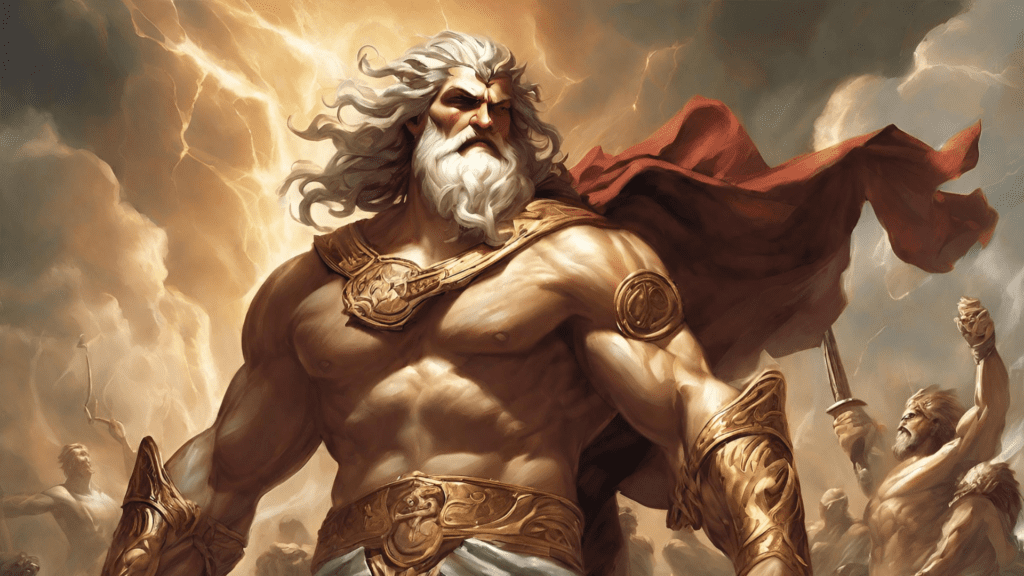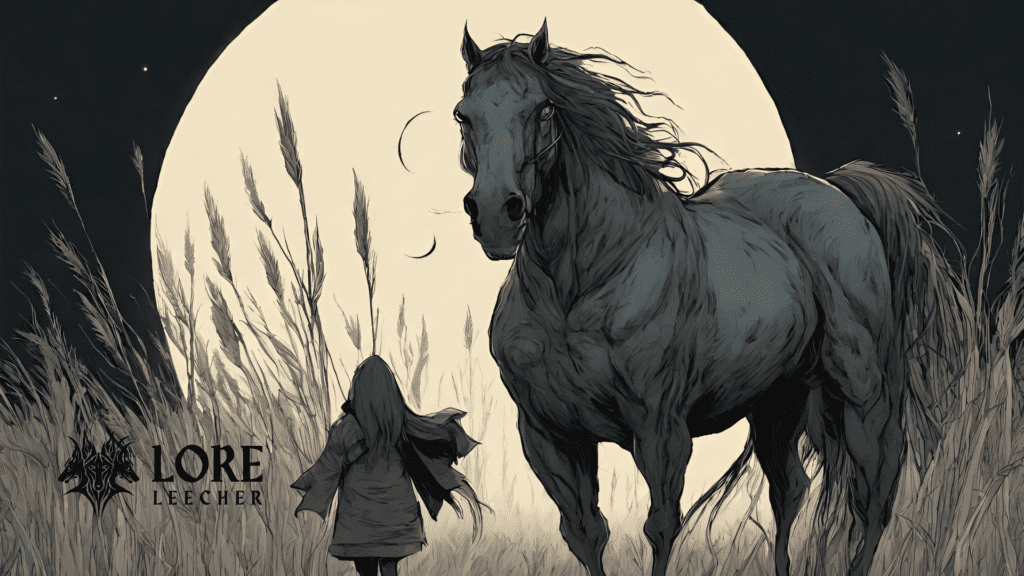
The myth of Cronus devouring his son is a captivating tale from Greek mythology that holds deep symbolism and meaning. Cronus, also known as Saturn in Roman mythology, was one of the Titans, a generation of gods that predated the Olympic gods. This myth sheds light on the cycle of life and death, as well as the struggle for power between the younger and older generations.
According to the legend, Cronus feared that his children would one day overthrow him, just as he had overthrown his father, Uranus. To prevent this, Cronus made the chilling decision to devour his offspring immediately after their birth. However, his wife Rhea, managed to save their sixth child, Zeus, by concealing him in Crete. In place of the infant Zeus, Rhea presented Cronus with a stone wrapped in diapers, which he unknowingly devoured.
As Zeus grew into adulthood, he embarked on a heroic journey to free his siblings and challenge his father, Cronus, and the other Titans. This epic battle, known as the Titanomachy, resulted in Zeus emerging victorious and becoming the king of the gods, overthrowing Cronus and the older generation.
The myth of Cronus devouring his son carries several layers of symbolism and meaning. Firstly, it symbolizes the natural cycle of life and death. Cronus’ act of devouring his children represents the inevitable passing of time and the consuming nature of the older generation. It highlights the transient nature of power and the inevitability of change.
Furthermore, the myth portrays Cronus’ fear and insecurity as a ruler. His decision to devour his children stems from his deep-rooted anxiety that they would one day dethrone him, just as he had done to his father. This fear reflects the fragility of power and the lengths some individuals may go to maintain their position of authority.
Rhea’s cunningness in saving Zeus showcases the resourcefulness and resilience of the younger generation. Despite the oppressive actions of Cronus, Rhea manages to outsmart him and ensure the survival of their youngest child. This highlights the strength and determination of the younger generation to challenge the status quo and forge their path.
Lastly, Zeus’ eventual triumph over his father and the Titans represents the emergence of a new order. It symbolizes the younger generation’s ability to overcome the obstacles presented by the older generation and establish themselves as the new leaders. Zeus’ ascension to the throne signifies the natural progression of power and the continuous cycle of change in the world.
The myth of Cronus devouring his son is a powerful tale that delves into the complexities of power, fear, and the intergenerational struggle for dominance. It serves as a reminder of the transient nature of authority and the inevitable passing of time. Through the triumph of Zeus, it emphasizes the resilience and strength of the younger generation in shaping the course of history.


